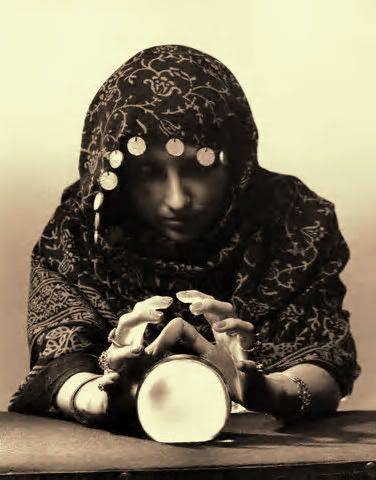 Privacy is an endangered concept.
Privacy is an endangered concept.I've been expecting its impending extinction for years and wouldn't be surprised if I lived to see the day when privacy will be a thing of the past--outdated and obsolete.
Who needs a peeping hole when we have globally interconnected computers offering glass windows and open doors to countless stories, characters and places? Peeping Toms beware: your digital prints are collected and shared.
Computers keep track of every step you take in cyberspace-- every door you knock, everywhere you go, everything you say, everything you do; websites and advertisers stalk you and spam you; employers monitor you from afar; cameras on traffic lights watch you drive; cameras inside and outside stores watch you shop; cellphone towers can reveal your whereabouts; utilities, financial and government agencies keep records on you that just about anyone can access on the Internet; anyone with a cellphone can provide news coverage on CNN; your once private Social Security number is now required for basic services at home, to rent a property, see a doctor; satellite cameras can zoom down when you go out of the house to get your mail.
What's next?
The iGeneration
It's alarming to me to observe the younger generation give away it's right to privacy so willingly, without a second thought.
Ask any of them what privacy is, and you're likely to hear crickets. They don't know. They really don't know. How could they? They're growing up spellbound by a magic that allows them to be in contact with a universe of individuals anytime, anywhere, whether near or far. Cellphones and the Internet offers them a frontierless world with no audience limits, no beginning and no end. It's their Alpha and their Omega.
And it's not all about capability, but about desirability.
 In this Technological Age, privacy seems to be systematically devalued while publicity appreciates in worth.
In this Technological Age, privacy seems to be systematically devalued while publicity appreciates in worth.Notoriety is the currency of choice in the 21st century regardless social class, wealth, education, race, religion. Fame can buy anything...at least that's what we're told, that's what we see.
Success often is measured by who's busier with calls and text messages, who downloads more music, who owns the latest gadgets, who has more followers on Twitter, more friends on MySpace and Facebook... It's about hi-tech popularity.
The tech-savvy ones who know how to use and manipulate information with the gadgets and channels they have at their disposition have the popularity edge and, therefore, the power. Information has always been and will always be power. Informations is a means to exposure; exposure is a means to publicity and fame.
It used to be that you got on TV and magazines for being famous; now you're famous because you found a way to get on TV. And people, particularly the young, want to be famous--desperately.
They want to be seen and heard by as many people as possible. Why settle for relatives, neighbors, co-workers and friends when one can have an infinite audience? Nothing is worth doing unless someone is watching.
Free admission
The following story, published by ABC News about a week ago, is one of many that, in my opinion, illustrate how matters and events that were once unquestionably private are now anybody's business.
A young woman and man are chatting over the Internet using webcams to see each other. They argue. She decides to commit suicide. Does she end the chat, step away from the webcam, turn off the computer, go to another room? No. She proceeds to hang herself while the boyfriend watches.
No, this is not a Law & Order episode but exactly what happened when a 21-year-old woman in Arizona tried to kill herself while her boyfriend watched from Michigan.
The boyfriend acted quickly, calling the house and alerting the father that his daughter was dying. He raced downstairs to find her hanging by a scarf from the ceiling fan. He cut the scarf just in time to save her. By the time paramedics got there, she was breathing and semi-conscious.
Interestingly, although the chat was "private" (nothing is private on the Internet...), the cops took her laptop to check whether or not the suicide attempt had spread on the Internet, hoping to prevent copycats.
Who would've thought 10, 20 years ago that anyone would've felt compelled to copy an incident like this one...that suicide in what's supposed to be the privacy of someone's home would be a public event...that we would have access to images of people killing and dying--for real, not make-believe--anywhere in the world?
The world has never been this loud. I can't help but wonder: Will the offspring of the Hi-Tech iGeneration know how to keep a secret?
In man's quest for meaning, instead of asking "is there anybody out there?" or "is there anybody in here?"--will they be asking: "Is there anybody watching?"
Copyright © 2009
All Rights Reserved
This material may not be published, broadcast, rewritten or redistributed.
Photo source unknown.








No comments:
Post a Comment